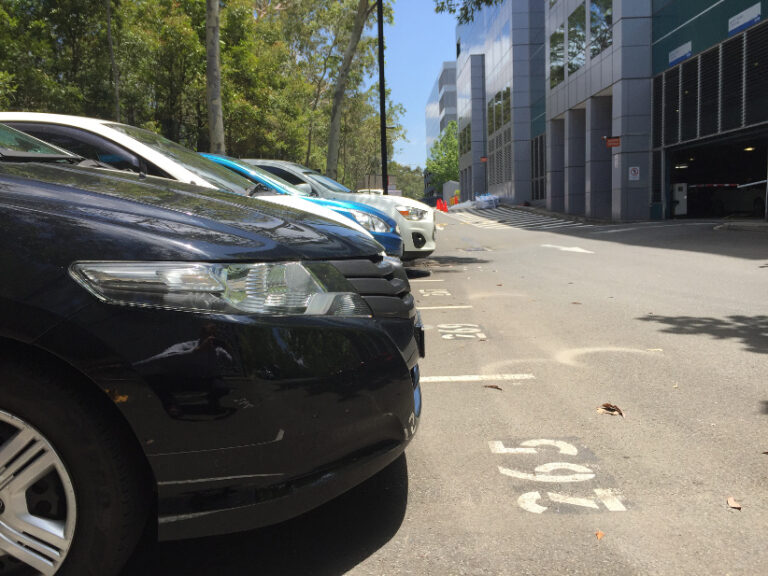– By Caroline Falls –
The rise in used car prices is attributed to COVID demand because commuters are reluctant to use public transport and want their own personal space. This theory was challenged at a recent AfMA webinar where the panel of industry experts suggested car pooling was gaining popularity due to the fluctuating and unpredictable business environment which is pushing fleets to adopt a carpool sharing model to reduce costs.
“Fleets, and car ownership have seriously been changed by COVID,” said Paul Sinclair, business development manager at RACV’s Intelematics.
“Traditionally businesses have been seen to go out and purchase new vehicles and take out long-term leases and that increases risk for business. During COVID we’ve seen conditions fluctuate, so there has been a shift in fleet management models, and an increase in a variety of car sharing models, for example, a shift to people looking to some traditional and some new providers. More importantly it’s the shift.”
Sinclair talked about increasing interest in organisations using car sharing providers such as Carly and GoGet, and adding scooter sharing services rather than, or as well as paying for, taxi fares and reimbursing mileage costs for grey fleets (employee-owned vehicles).
He also pointed out opportunities for organisations to widen their horizon of users of the carpool: to staff using vehicles after hours and on weekends (something employees regard as a benefit), another business unit within the organisation where assets aren’t traditionally shared, and even to the general public.
A carpool can be revenue generators rather than a cost centre, said Sinclair.
“Gone are the days of allocating a dedicated vehicle to a staff member. Fleet managers have realised that every vehicle sitting idle in a parking lot for hours is money lost to the organisation. We live in the sharing economy era, and today, the trend of shared vehicles is slowly picking up steam within many sustainability-driven organisations,” Sinclair wrote in a recent blog published by RACV.
Fleet managers participating in the webinar, “The future of organisational car pooling” named lots of challenges, including right sizing, vehicles returning with little fuel, car cleanliness, and the cultural shift from past practices. The biggest bugbear though was finding the keys, or key management.
“Key management is the biggest issue.,” said Shane Mannix, RACV’s fleet manager and one of the presenters of the webinar. He said one solution is to use a lock box that only allows the driver to open it to fetch the key.
“There’s a lot of adhoc systems that need to be looked at,” said Sinclair. Organisations are using Outlook as a booking system, or clipboards in cars, Excel or some paper-based log system. They are ignoring proprietary booking systems that have been especially designed to suit car pool management, and which can include keyless systems that overcome the frustration of searching for a set of physical keys.
Sinclair said his team is working on developing a keyless system as part of its Carpool vehicle booking software that can be weaved into a broader telematics fleet management system.
“We’re working on a device at the moment for carpool booking systems where you will open the app, open your booking, get the exclusive code that allows you in, and then use an electronic keyless start.”






